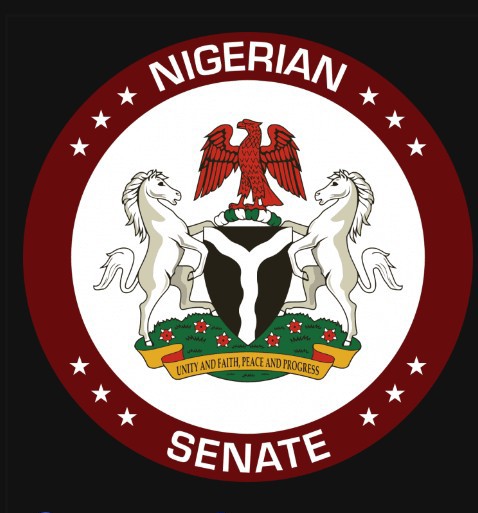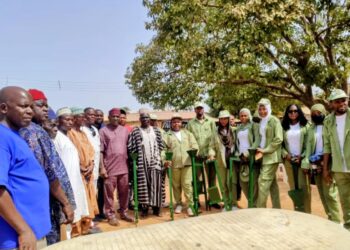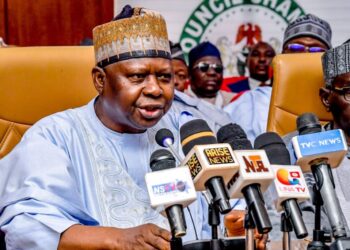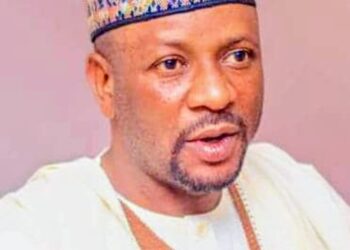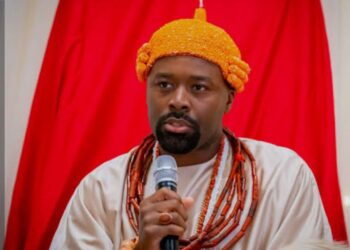Senate Approves $21 Billion Foreign Loan for Infrastructure and Development Projects
By Our Correspondent.
The Senate has approved President Bola Tinubu’s proposal to borrow over $21 billion (approximately N32.1 trillion) from external sources for the fiscal years 2025-2026. This funding is aimed at facilitating the comprehensive execution of the 2025 Appropriation Act and will support key national development projects across various sectors, including infrastructure, security, agriculture, and human capital development.
During Tuesday’s plenary session, Senator Aliyu Wamako, Chairman of the Senate Committee on Local and Foreign Debt, presented the long-awaited report on the borrowing plan, which was originally introduced on May 27, 2025. The approval had faced delays due to parliamentary recesses and challenges in obtaining necessary documentation from the Debt Management Office (DMO).
The approved borrowing package comprises $21.19 billion in direct foreign loans, €4 billion (euros), ¥15 billion (Japanese yen), and a $65 million grant, alongside additional domestic borrowing through government bonds amounting to approximately ₦757 billion. Furthermore, the Senate has permitted capital raising of up to $2 billion through foreign-currency-denominated instruments in the domestic market.
Senator Olamilekan Solomon, Chairman of the Senate Committee on Appropriations, emphasized that the approval was largely procedural, noting that the majority of the financial components had already been incorporated into the Medium-Term Expenditure Framework (MTEF) and the previously passed 2025 budget. “The borrowing is already embedded in the 2025 Appropriation Act. With this approval, we now have all revenue sources, including loans, in place to fully fund the budget,” Solomon stated.
Senator Sani Musa of Niger East clarified that the borrowing plan is structured over a six-year disbursement period, rather than limited to the 2025 fiscal year. He reassured that Nigeria has consistently met its loan repayment obligations, stating, “There’s no economy that grows without borrowing. What we are doing is in line with global best practices.”
Conversely, Senator Abdul Ningi from Bauchi Central expressed concerns regarding transparency and accountability within the borrowing plan. He called for a detailed breakdown of allocations for individual states and agencies, as well as a clear repayment strategy, citing constitutional provisions related to borrowing oversight. “We need to tell our constituents exactly how much is being borrowed in their name, and for what purpose,” Ningi urged.
The borrowing plan will fund critical national infrastructure projects, including the development of railways, power plants, security operations, and initiatives in agriculture and housing.

